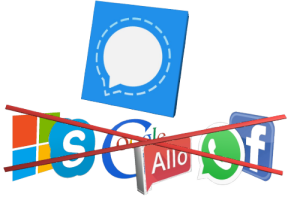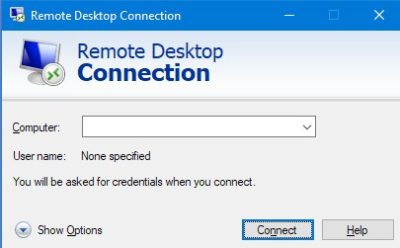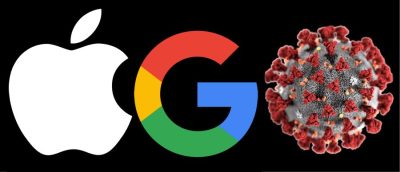The phenomenon of social media is constantly growing and in the next few years will reach 3 billion users, it is to say that almost half of the inhabitants of the earth will exchange messages via the internet.
A huge amount of data of all kinds that travels in the network and to which the production companies and those of marketing are very interested.
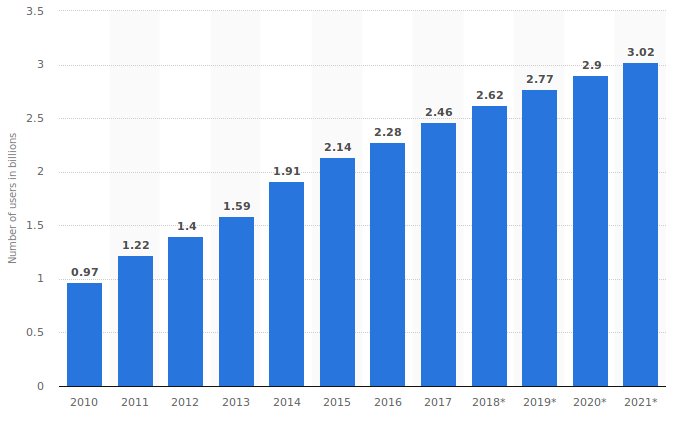
The reason is simple: they are the same users who provide the data of their preferences, lifestyle and real or potential needs, and this when they communicate in chat, exchange informations with the messaging, post their profiles or simply they surf the internet.
In addition, the smartphones can be geolocated through the GPS and so you can know the place from where all the operations are carried out.
If we consider that in most cases every smartphone is connected to the personal telephone number, it is possible to trace the exact profile of each individual.
Many people have realized that the advertising we receive is increasingly targeted and cut to the user’s preferences, based on the information you provide by yourself.
Facebook has become the biggest collector of informations – what in the slang are called Big Data – and it is nothing more than an exchange platform: your personal data for targeted advertising.
WhatsApp was purchased by Facebook, Skype from Microsoft and Google has developed its Allo and Duo.
Hoping that these big commercial companies do not use this incredible amount of data to their advantage is a naive illusion.
But if you do not like everything that you type is stored
and then used for commercial purposes at least,
what alternative is it possible to use?
Signal is an encrypted text and voice chat application for Android and iOS, developed by Open Whisper Systems under the GPLv3 license that is free and open source software.
In other words, having the abilities it is possible to inspect the source code and check all the functionalities of the program; the sources can be downloaded at this link: https://github.com/signalapp
A nice difference with other apps protected by copyright!
The Signal security protocol uses end-to-end encryption, which means everything sent is encrypted between the sender and the recipient.
If someone were to intercept the data traffic, this would be incomprehensible. Furthermore, SMS messages can also be encrypted.
In 2014, the Electronic Frontier Foundation (EFF) inserted Signal into its self-defense surveillance guide, while Edward Snowden claimed to consider Signal as a secure app.
Following the release of Signal also the other messaging systems (WhatsApp, Facebook Messenger, Google Allo) have adjusted by announcing the encryption of their chats – and using the same protocol of Signal! – but with some differences.
WhatsApp reserves the right to store the metadata as specified in the contractual clauses:
Usage and Log Information. We collect service-related, diagnostic, and performance information. This includes information about your activity, log files, and diagnostic, crash, and performance logs and reports.
In other words Whatsapp stores all the information regarding the communication with the exclusion of content: caller and called number, date, time, minutes and seconds of start and end of conversation, location and other costs of interest to them.
Does it seem cheap? As Kurt Opsahl pointed out in his example:
- They know you phoned an erotic chat at 2:24 in the morning and talked for 18 minutes.
- They know she called a gynecologist, spoke for half an hour and then called the number of a foster care agency.
- They know you talked to an HIV test service, then your doctor, then your health insurance company at the same time.
But this is nothing compared to what Facebook does, thanks to the consent that you have confirmed by activating the services of the social platform.
The “legislation” (and not informative, as you prefer to underline Facebook) you can read it at that address: normativa sulla privacy di facebook
If this is not enough for you, know that Whatsapp records all your phone book and reserves the right to pass it on to governments and investigators. You are probably a good person but if you have Whatsapped with someone who gets into trouble with justice, you can not pretend not to know when you will be summoned for investigation.
Another thing to keep in mind is that WhatsApp copies messages in the memory of the smartphne and – if you have activated the remote backup function – even in the cloud of Google / Android or iCloud / iOS.
The authors of Signal support themselves with donations at this address: https://freedom.press/crowdfunding/ and therefore having no commercial interest do not collect metadata if not the date – but not the time! – of the day of the last connection of the user to the server.
The address book is saved on their servers in encrypted form – using a hashing function – and no content is stored on the cloud.
However Whatsapp has the great advantage of the spread, while Signal is still little known.
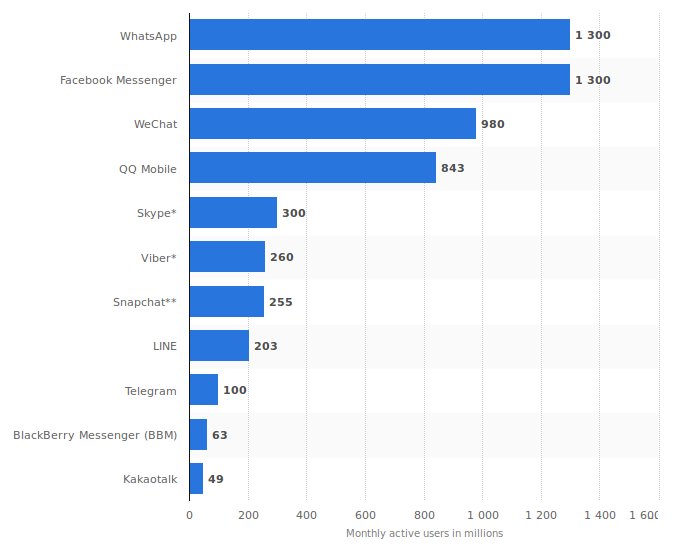
So I suggest you a strategy to switch from Whatsapp to Signal:
- download and install Signal on your smartphone.
- check between your phone numbers if someone is already using Signal.
- try it a few times and get familiar with the app.
- prepare a message to be sent to all your Whatsapp contacts:
“Service communication. The day xx/xx/20xx I will stop to use Whatsapp.
You can contact me with the new Signal messaging service downloadable from the playstore android https://play.google.com/store/apps/details?id=org.thoughtcrime.securesms
and from the appstore apple https://itunes.apple.com/it/app/signal-private-messenger/id874139669?mt=8 .
If you want to know the reason for my decision, read this post https://www.zis.it/wp/?p=2420 .
Best regards,
Your Name“ - I advise you to set a deadline of one month and repeat the sending of the message during the last week, this to give the time to your contacts to make the passage of the app in turn.
- to simplify the sending of your warning message, create a “Broadcast” list in Whatsapp with all your names. You can send the message to the whole list in one fell swoop!
Here you will find a guide to the installation and use of the app: [Signal – instructions for use (in italian)].

